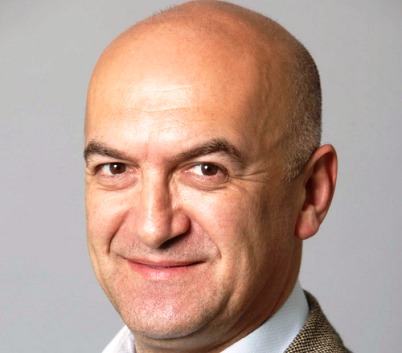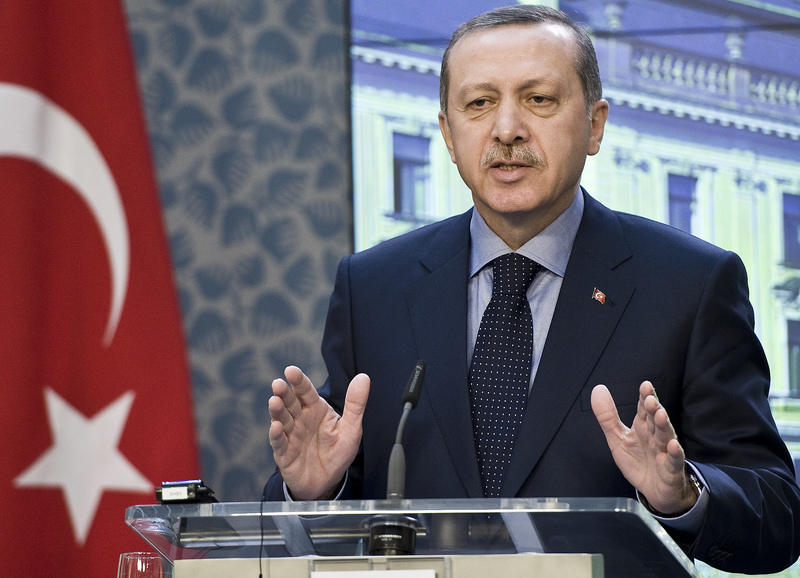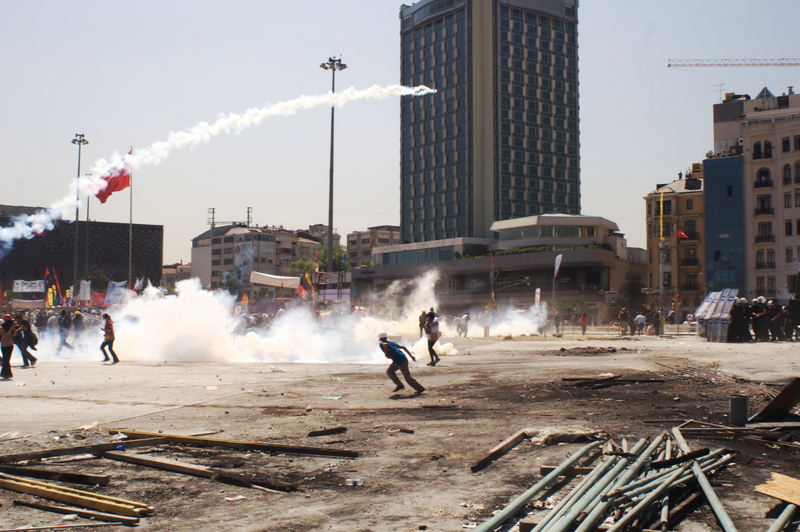Hacks, hacking and propaganda: what’s happening to Turkey’s journalists?

Yavuz Baydar
Turkey’s “mainstream” media, politically and economically in shackles is moving towards submitting to the kind of conditions like those in Central Asian republics such as Azerbaijan. This progression was plain for all to see on live television this week.
Tuesdays have for a long time turned into political shouting matches in Ankara. Stretching the boundaries of parliament’s bylaws, leaders of the parties assemble deputies in so- called group meetings in the lawmakers’ building, where they unleash propaganda.
These appearances are, as obliged by law, broadcast by the state-run TRT channels.
But, as Turkey’s Prime Minister Recep Tayyip Erdoğan has systematically tightened the screws over the proprietors of the conglomerate media, all the national private news channels – there are at least 15 of them – for months turned this custom into a routine of airing his lengthy, loud speeches without interruption.
Last Tuesday, the disturbing pattern went even further. It was the the beginning of the local elections campaign, so Erdoğan let media know that he would announce the names of some of the minor mayoral candidates, in the group meeting.
Amid pomp and circumstance, he did. The entire meeting was meticulously designed as a massive propaganda show for the AKP, backed with lengthy video clips on the achievements in each and every city. And the private media followed herdlike in airing it live.
Many wondered whether Turkey had turned into Azerbaijan or Turkmenistan overnight.
“Unbelievable!” wrote Hasan Cemal, a veteran colleague who was forced to leave Milliyet daily for his defence of good journalism 6 months ago. “Election propaganda that can only be done by paid adverts was sent live on all the channels. This can never happen in any democratic country. I would not wish to be in the place of my colleagues who had to do this.”
The truth of the matter is, by each step, because of the enthusiastic consent of media proprietors in Turkey, either blinded by greed, or frightened to submission or both – to surrender fully to the will of political power, there is not much basic journalism left in the country. All this has been happening against the background of Turkey’s accession process with the European Union.
in a recent update of two earlier reports by the liberal think-tank, TESEV, dated 2011 and 2012, Dr Ceren Sözeri of Galatasaray University concluded that “the media owners are increasingly winning the important public tenders in proportion to their sizes, and the role of their media operations during this process cannot be underestimated. It also explains why the media owners please the government at every possible occasion…”
Sözeri added that businesses that own the big media outlets win important public tenders in direct proportion to their weight in the media sector.
Commenting in a recent article on Turkish conglomerate media’s shady relations with the government, Barış Altıntaş, a colleague from daily Today’s Zaman wrote “it is no wonder readers rarely see stories about shady business dealings involving government agencies, although it is no secret that corruption, especially in public tenders, is rampant in Turkey.”
As a consequence, whatever remains of editorial independence at the center of Turkish journalism, as Tuesday’s spectacular media cooperation displayed, has been eroded further. The new media order being cemented is run by a control-obsessed prime minister, submissive media barons, civil-servant type puppet editors in chief, ostrich-like newsrooms and frightened or weary reporters.
Turkey’s needy public is kept farther away from truth; and instead bombarded by propaganda.
The lack of solidarity within the profession is remarkable. As the screws are tightened further, one of the greatest stories unfolding was about the National Intelligence Agency of Turkey (MIT), which wiretapped a group of journalists with the consent of the Prime Ministry.
Independent-secularist daily Cumhuriyet reported the story that a classified document signed by the head of MIT was sent to the Prime Ministry and that Prime Minister Erdoğan gave approval to the wiretapping of some journalists and writers, that the “necessary coordination was made with the judiciary,” and that MIT carried out the wiretappings. According to the daily, phones of journalists Yasemin Çongar, Mehmet Baransu, Amberin Zaman and Mehmet Altan were wiretapped.
When the story was first revealed last year, the journalists filed a criminal complaint against MIT, and a legal case was opened. An İstanbul court hearing the case earlier asked MİT why the journalists were wiretapped by the organization. The organisation sent a response to the court and said the wiretapping was carried out legally and the phones of the journalists were wiretapped for the ‘benefit of the public’.
Cumhuriyet’s story received no denials from the authorities. One of the targeted journalists, Mehmet Altan, told daily Taraf “[T]his one is a big scandal and constitutional breach.
“This document of directive, signed by the prime minister and head of MIT shows that the authorities do not take seriously its own constitution nor its laws, which were also violated by a cooperation between MIT and the judiciary” he said.
Perhaps not so surprisingly, the story – which is earth-shattering in its essence, revealing the worrisome trends in Turkey against the very core of media freedom and right to privacy – was almost entirely ignored by the conglomerate media, and covered only by a very few small outlets.
One of the few objections to the self-censorship over the story came from Doğan Akın, Editor of the independent web site T24, who in a bitter column accused the entire journalism corps of what he called “not being able to cry out, with mouths shut”.
He bashed media barons for ‘buying opression on journalism’ and ‘investing only on fear’ for the sake of their other business interests.
Another colleague, Abdullah Bozkurt, Ankara Bureau Chief of daily Today’s Zaman, expressed profound concern that media has become toothless and added another dimension:
“Considering the widespread allegations that MIT has been putting journalists on its payroll in Turkey, financing reporters through clandestine activities to promote the agency and to clutter the information space through unscrupulous reporting fed to them by the agency, the media’s public interest advocacy role is very much diluted.”



